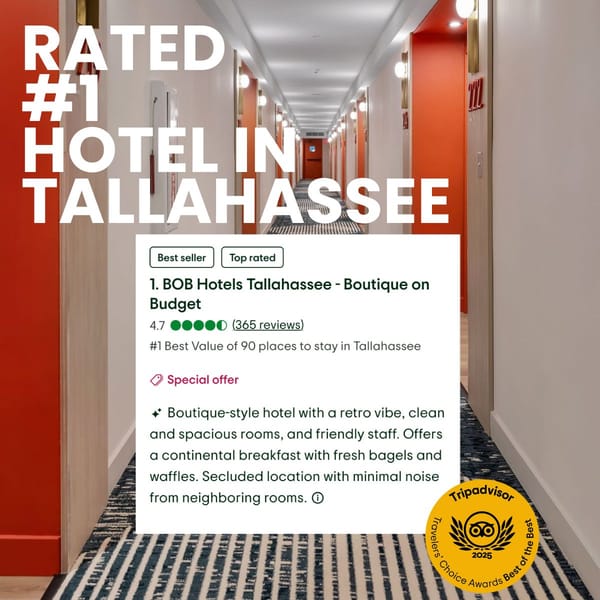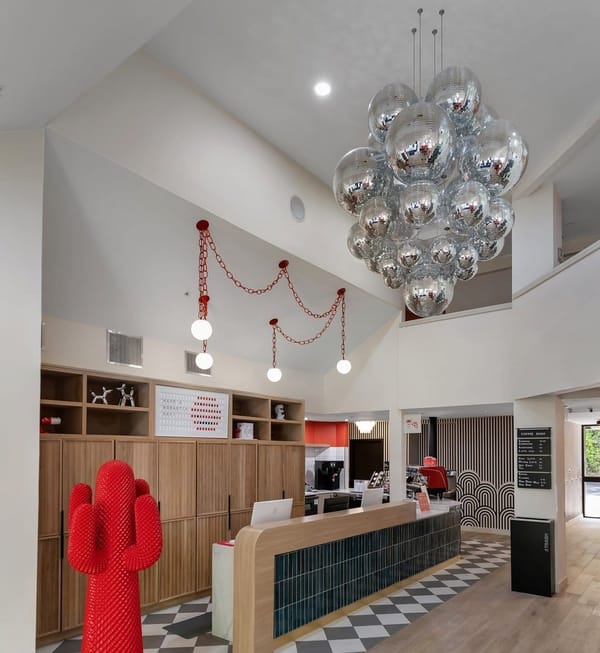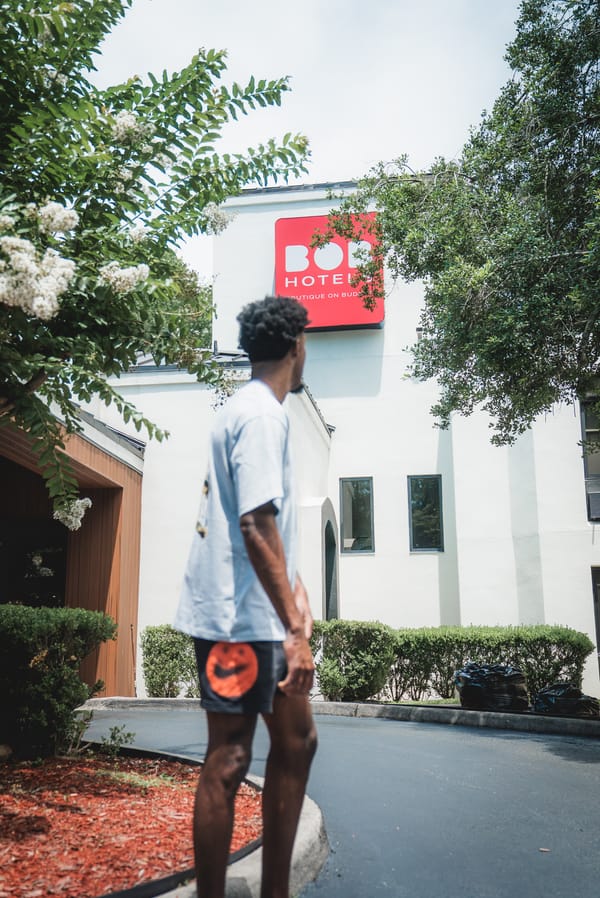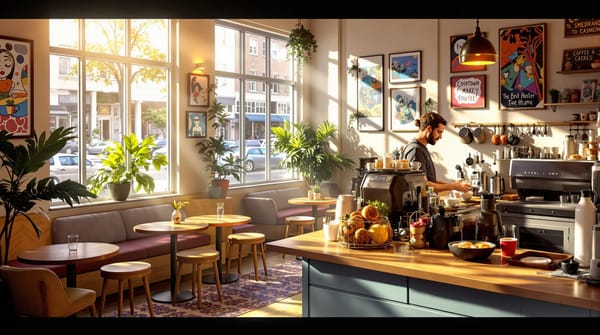Why College Towns Attract Hotels
Explore why college towns are prime locations for hotels, driven by stable demand, event opportunities, and economic advantages.
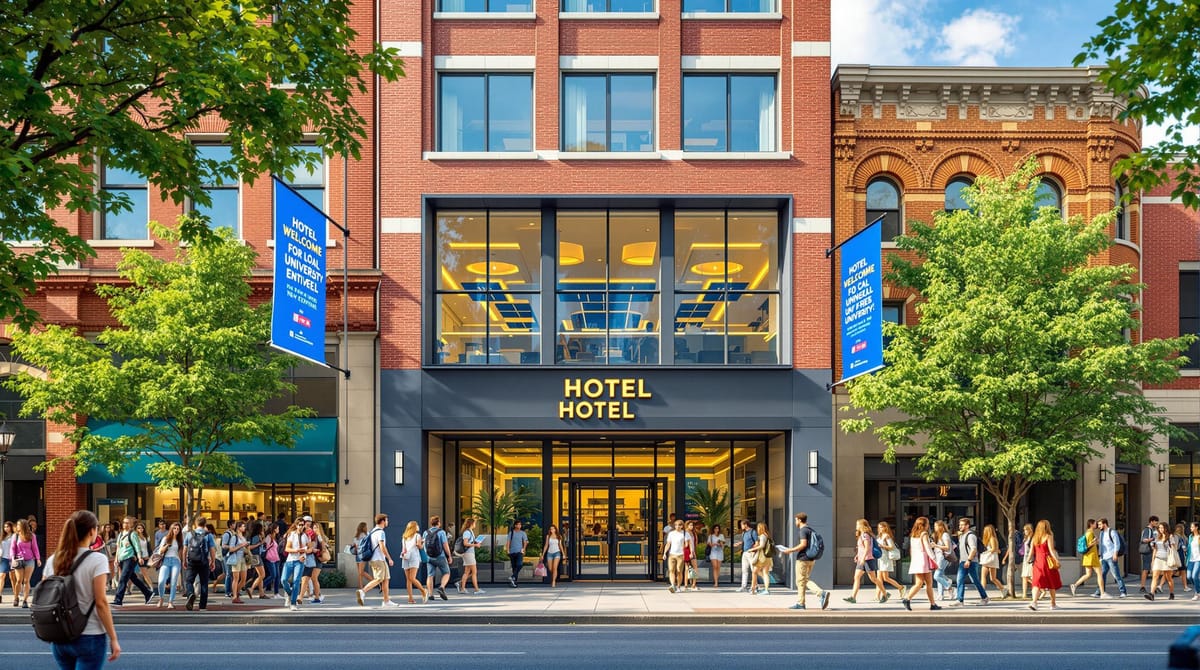
College towns are a magnet for hotels because they offer consistent, reliable demand all year round. This steady flow of visitors comes from families, academics, sports fans, and alumni attending university events, conferences, and ceremonies. Key reasons hotels thrive in these areas include:
- Stable Lodging Demand: University activities generate year-round bookings, with each $1,000 in grants adding 14.4 room nights annually.
- Event-Driven Peaks: Graduation, sports games, and homecoming events lead to full occupancy and higher room rates.
- Economic Benefits: Predictable demand patterns make college towns low-risk, high-reward investments for hotel developers.
- Strategic Location: Hotels near campuses and event venues see higher occupancy, especially during major university events.
Steady Lodging Demand in College Towns
University-Driven Visitors
University-related visitors are the backbone of hotel demand in college towns, ensuring consistent occupancy throughout the year. Research from Penn State reveals that hotel demand in these areas is more stable compared to national averages and cities of similar size [1].
Graduate students play a major role in driving this demand, even more so than undergraduates [1]. They host visiting collaborators, attend conferences, and participate in extended research programs that require temporary stays. University funding also has a direct impact: every $1,000 in grants adds 14.4 room nights, and each university employee generates 10.5 room nights annually [1]. This connection between university funding and hotel occupancy highlights the economic reliability of these markets.
In addition to this steady base, college towns experience event-driven peaks that further boost occupancy and revenue.
Events and Peak Demand
Football weekends are a standout example, often leading to full occupancy and higher room rates, as noted in The Plascencia Group's 2017 report [3].
Gary Brandeis, CEO of Scholar Hotels, points out:
"College towns supported by large universities are essentially recession-proof and offer stable demand patterns" [3].
Events that drive these peaks include:
| Event Type | Typical Timing | Impact on Demand |
|---|---|---|
| Move-in Days | Early Fall/Spring | Family visits |
| Graduation Ceremonies | May/December | Maximum occupancy |
| Homecoming Events | Fall Season | Alumni influx |
| Academic Conferences | Year-round | Professional visitors |
| Sports Events | Seasonal | Fan-driven stays |
These predictable events, combined with a steady year-round demand, create strong opportunities for hoteliers. Research spanning 27 college towns over a 24-year period since 1990 provides solid data to back investment decisions in these markets [1][2].
Economic Advantages for Hoteliers
Low Risk and High Occupancy
College towns offer a stable investment opportunity for hoteliers, backed by solid research. A Penn State study, which looked at 27 college towns over 24 years, found that lodging demand in these areas is much steadier compared to the U.S. average and cities of similar size without colleges [1][2].
This consistency makes college towns appealing to hotel developers and investors, providing reliable returns and lower risks compared to other markets. Hotels in these towns can also take advantage of predictable demand patterns to boost revenue during busy periods.
Revenue Growth Opportunities
Hotels in college towns can grow revenue by using strategic pricing during predictable peak times. Events tied to universities often lead to strong revenue gains, as shown below:
| Event Category | Revenue Impact |
|---|---|
| Sports Events | Full occupancy with higher rates |
| Academic Conferences | Longer stays with steady pricing |
| Graduation Ceremonies | Full occupancy with peak pricing |
| Research Collaborations | Consistent mid-week bookings |
Dynamic pricing and early booking incentives are key strategies for maximizing revenue during events like graduations and sports games. Mike Wilbert, senior managing director at Mission Hill Hospitality, highlights the importance of careful revenue management during these high-demand periods [3].
Additionally, infrastructure investments - whether public or private - can further increase hotel profitability in college towns. These improvements often support local businesses and generate additional demand beyond university-related activities [3].
Location and Amenities Strategy
Strategic Location and Amenities
In college towns, where university events and a mix of visitors drive demand, being in the right location and offering the right amenities is key to maintaining strong occupancy and boosting revenue. Hotels near universities often see higher occupancy rates, especially during big events like sports games, graduations, and conferences [1][2].
During major university events, hotels close to stadiums and venues can charge higher rates due to their convenience. But location alone isn’t enough - amenities tailored to guest needs are just as important.
Hotels in these areas should cater to a variety of visitors, from professors to families. Here’s a quick breakdown of what different guest groups typically look for:
| Guest Type | Amenities That Matter |
|---|---|
| Professional Guests | Fast Wi-Fi, Work Spaces, Meeting Areas |
| Student Families | Comfortable Rooms, Dining Options |
| Sports Fans | Easy Parking, Social Spaces |
John O'Neill, a Hospitality Management Professor at Penn State, highlights the market's stability:
"Lodging demand in college and university towns is more stable than the typical lodging demand, and markets dominated by a college are more stable in terms of not only occupancy rates, but also average room rates" [2].
Example: BOB Hotels Tallahassee
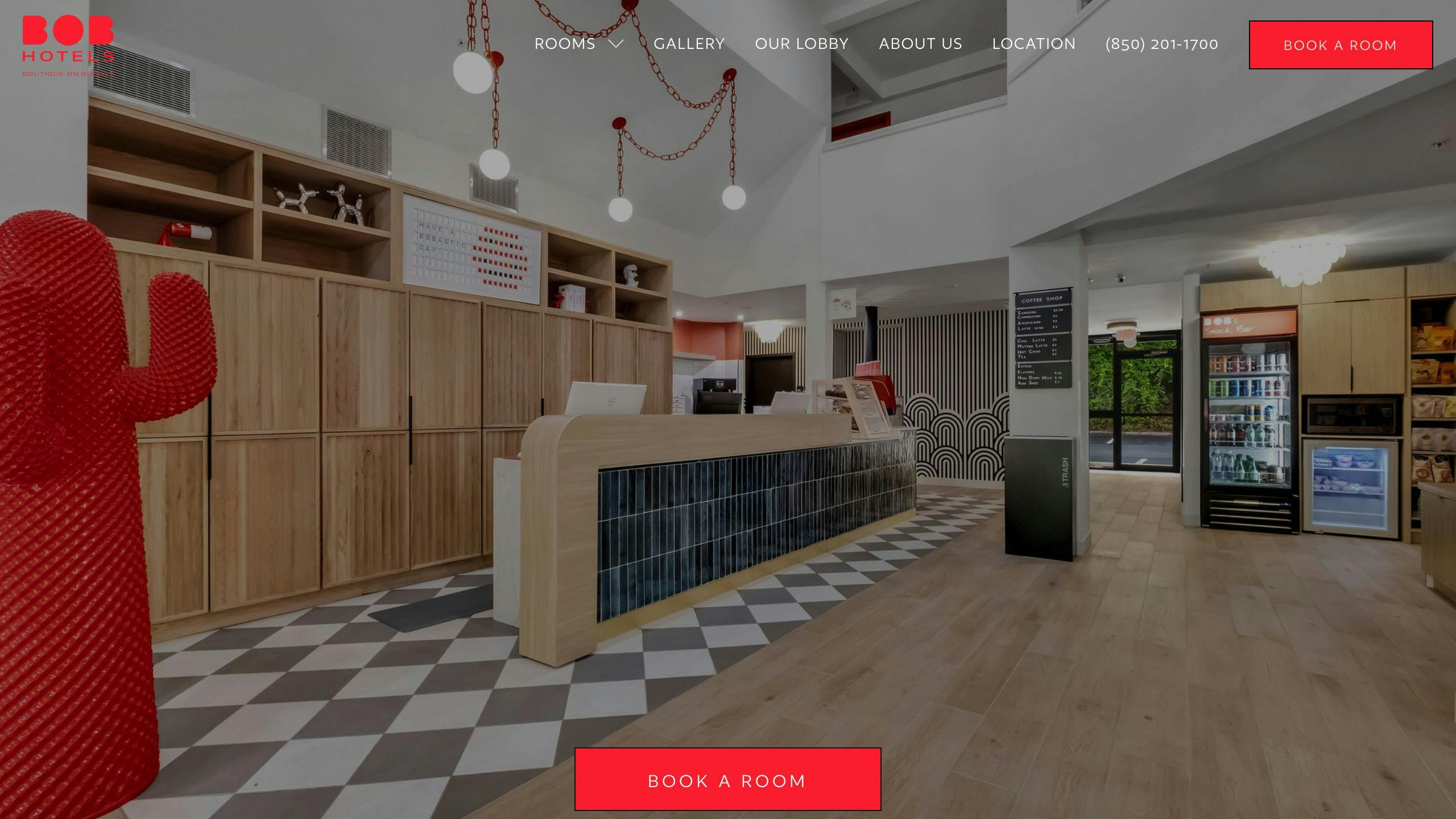
BOB Hotels Tallahassee is a great example of how boutique accommodations can meet the needs of diverse guests. Located near major universities, it features high-speed Wi-Fi, luxury mattresses, and an on-site café - perfect for budget-conscious and tech-savvy travelers alike.
Studies show that for every $1,000 in university grant funding, hotels see 14.4 additional occupied room nights [1][2]. This highlights how the right location and thoughtful amenities can ensure steady demand in college town markets.
Managing Seasonal Demand in College Towns
Demand Forecasting and Planning
Handling seasonal demand in college towns involves studying past data, academic calendars, and event schedules. Hotels can use this information to align their operations with demand patterns.
Here’s how different events typically affect demand:
| Event Type | Impact on Demand |
|---|---|
| Graduation Ceremonies | Major spikes in demand |
| Sports Events | Short, intense surges |
| Academic Conferences | Moderate, steady flow |
| Move-in/Move-out Periods | Predictable increases |
By recognizing these trends, hotels can adjust staffing, manage inventory more effectively, and set pricing strategies tailored to these high-demand periods.
Revenue Optimization During Events
While location and amenities are key to attracting guests, managing seasonal demand is essential for success in college town markets. To make the most of high-demand periods, hotels can use dynamic pricing based on:
- Past occupancy trends for similar events
- Current booking activity
- Competitor pricing
- The size and duration of the event
The goal is to strike a balance between maximizing revenue during peak times and maintaining steady occupancy throughout the year. Expanding marketing efforts to reach diverse guest groups can help ensure consistent demand, making college towns more attractive for hotel investment.
Conclusion: Why College Towns Appeal to Hotels
College towns present a steady and reliable market for hotel investments. Research shows that lodging demand in these areas tends to be more consistent compared to cities of similar size or national averages [1][2]. This stability comes from the ongoing need for accommodations driven by university-related activities and events throughout the academic year.
BOB Hotels Tallahassee is a great example of how boutique hotels can succeed in these markets. By focusing on diverse guest needs, staying close to university hubs, and adjusting pricing during high-demand periods, they’ve carved out a strong position.
Here are the main factors contributing to hotel success in college towns:
| Factor | Impact |
|---|---|
| University Funding and Employment | Ensures consistent occupancy through grants and staff-related stays |
| Proximity to Campus and Events | Generates steady demand and revenue opportunities from university events |
| Guest Diversity | Attracts a wide range of visitors, ensuring year-round occupancy |
With predictable demand and a variety of guest segments, college towns are an appealing choice for hotel developers and investors. The data backs up what industry professionals have long known - college towns provide a dependable and resilient market for hospitality ventures.

